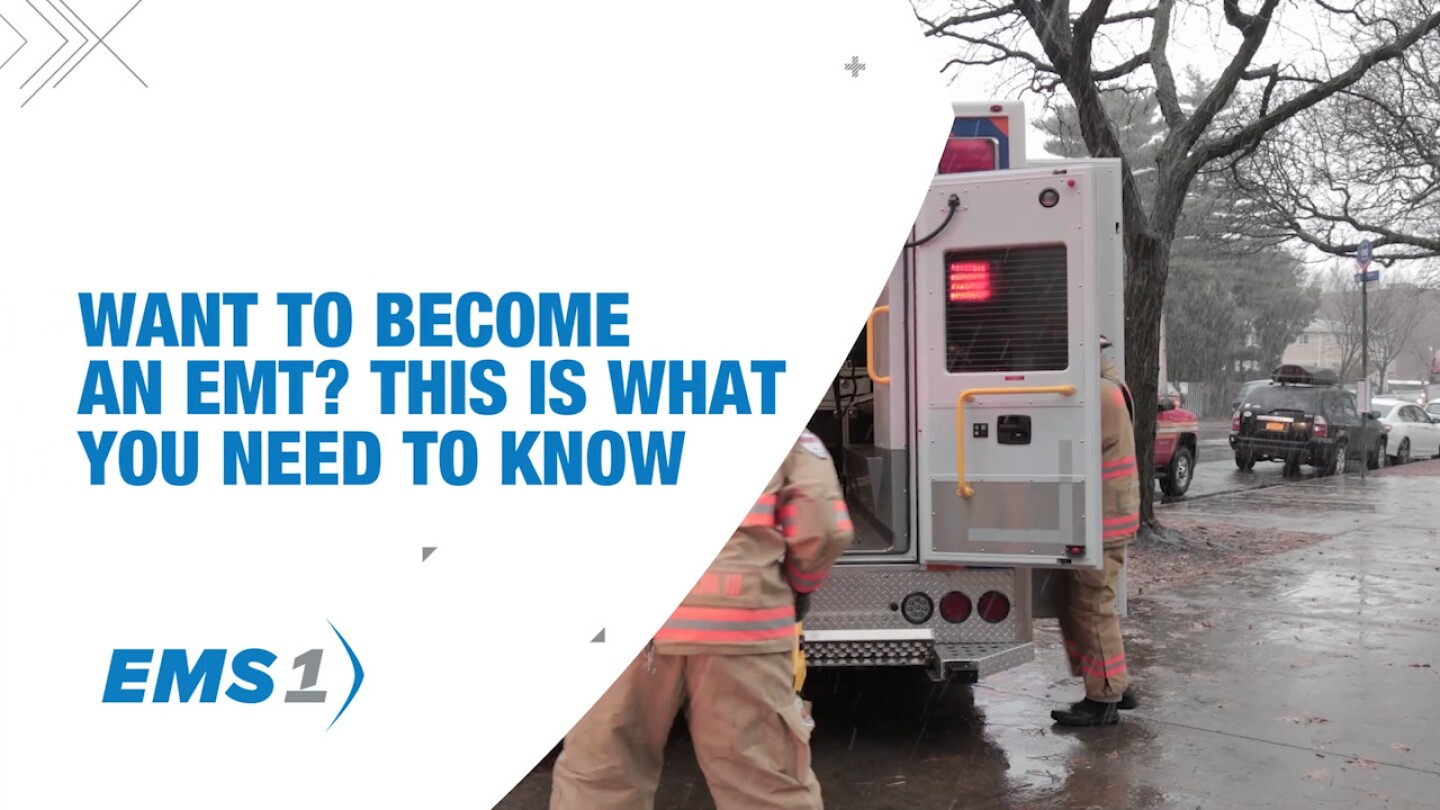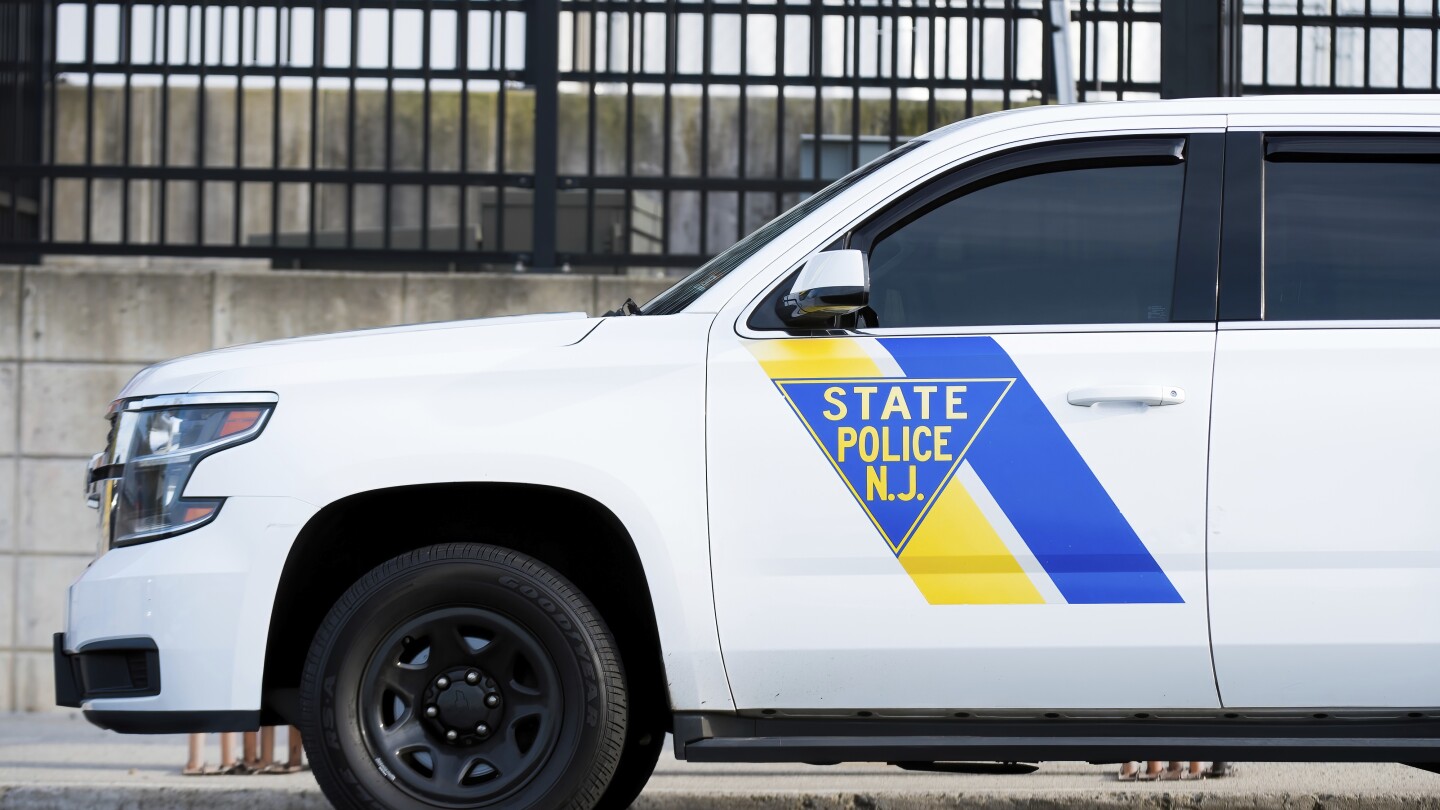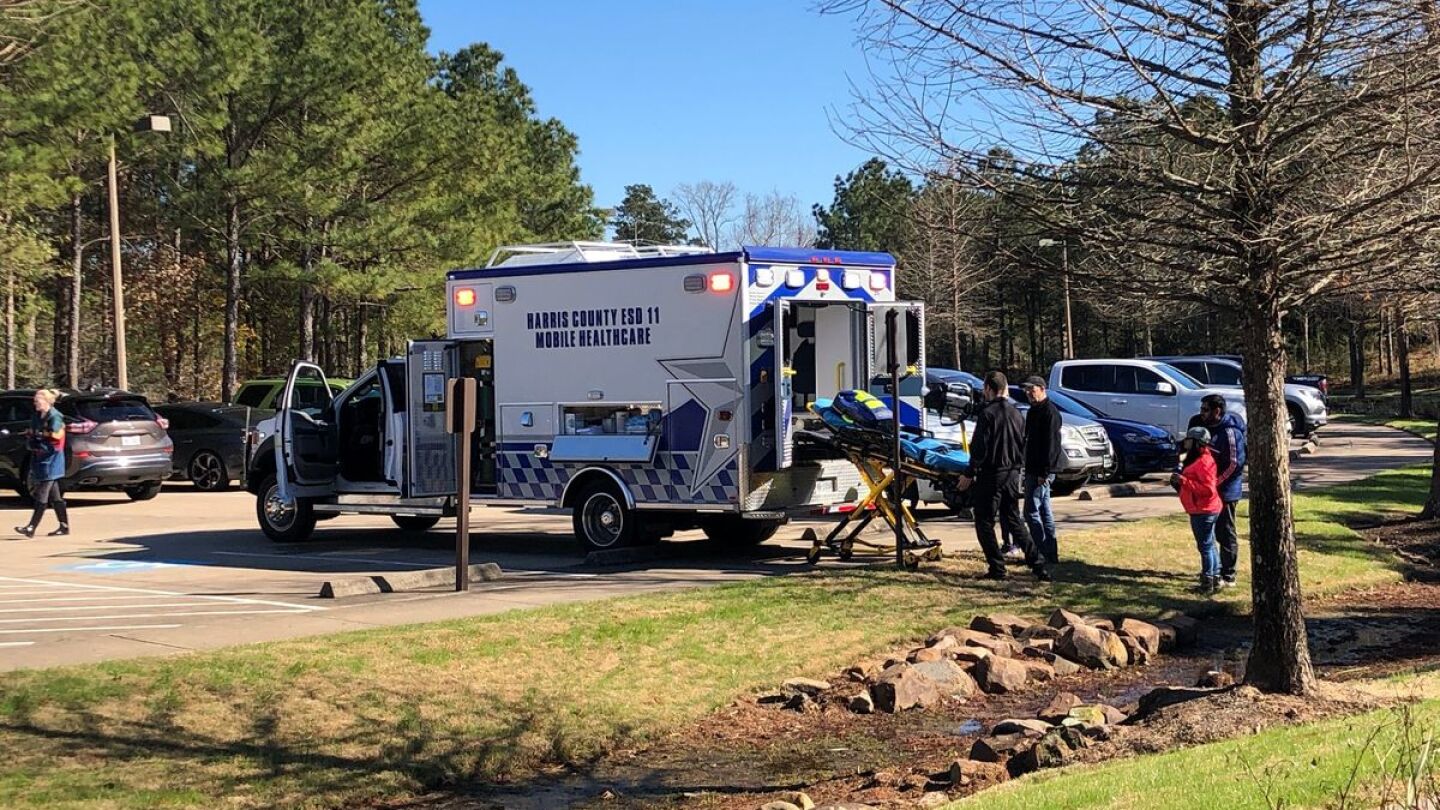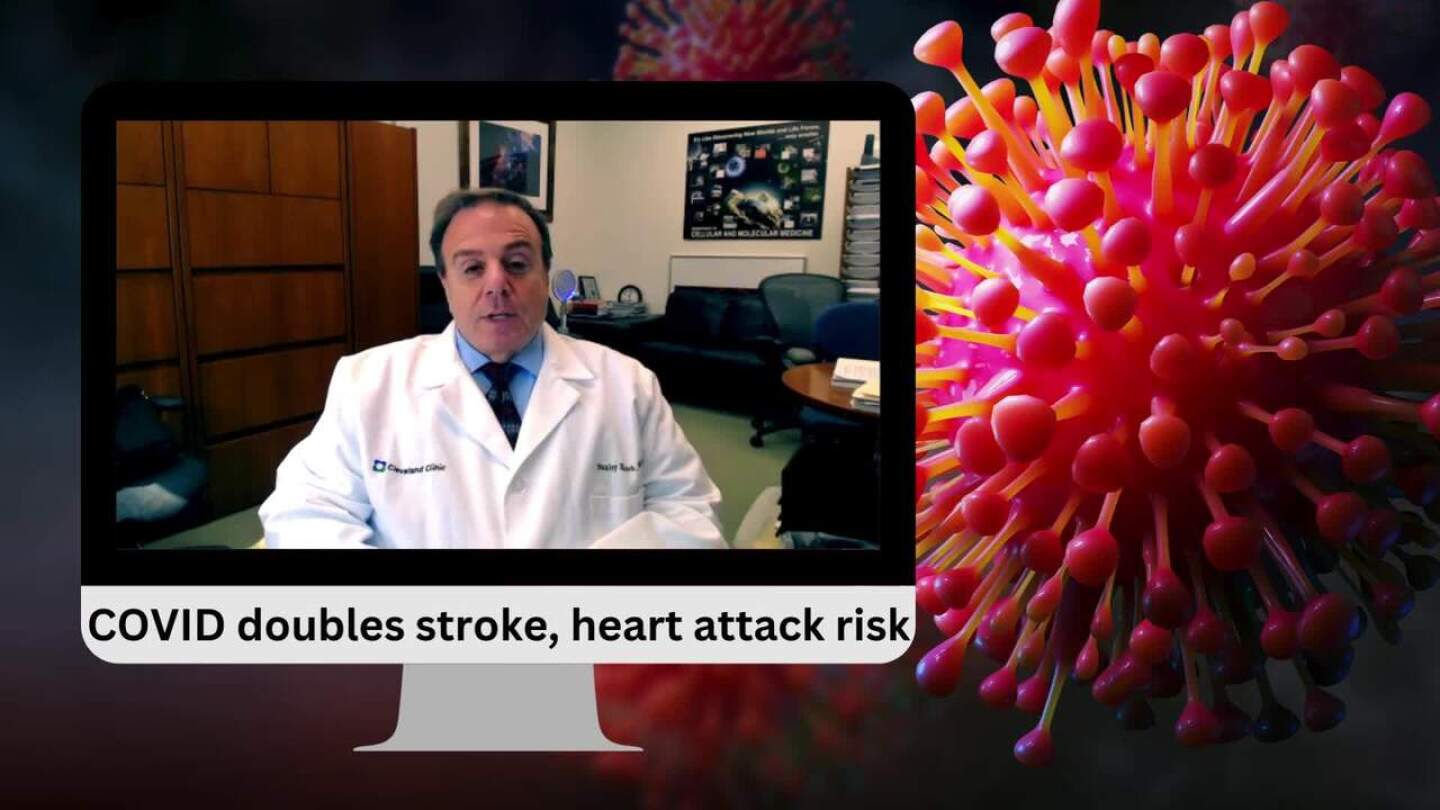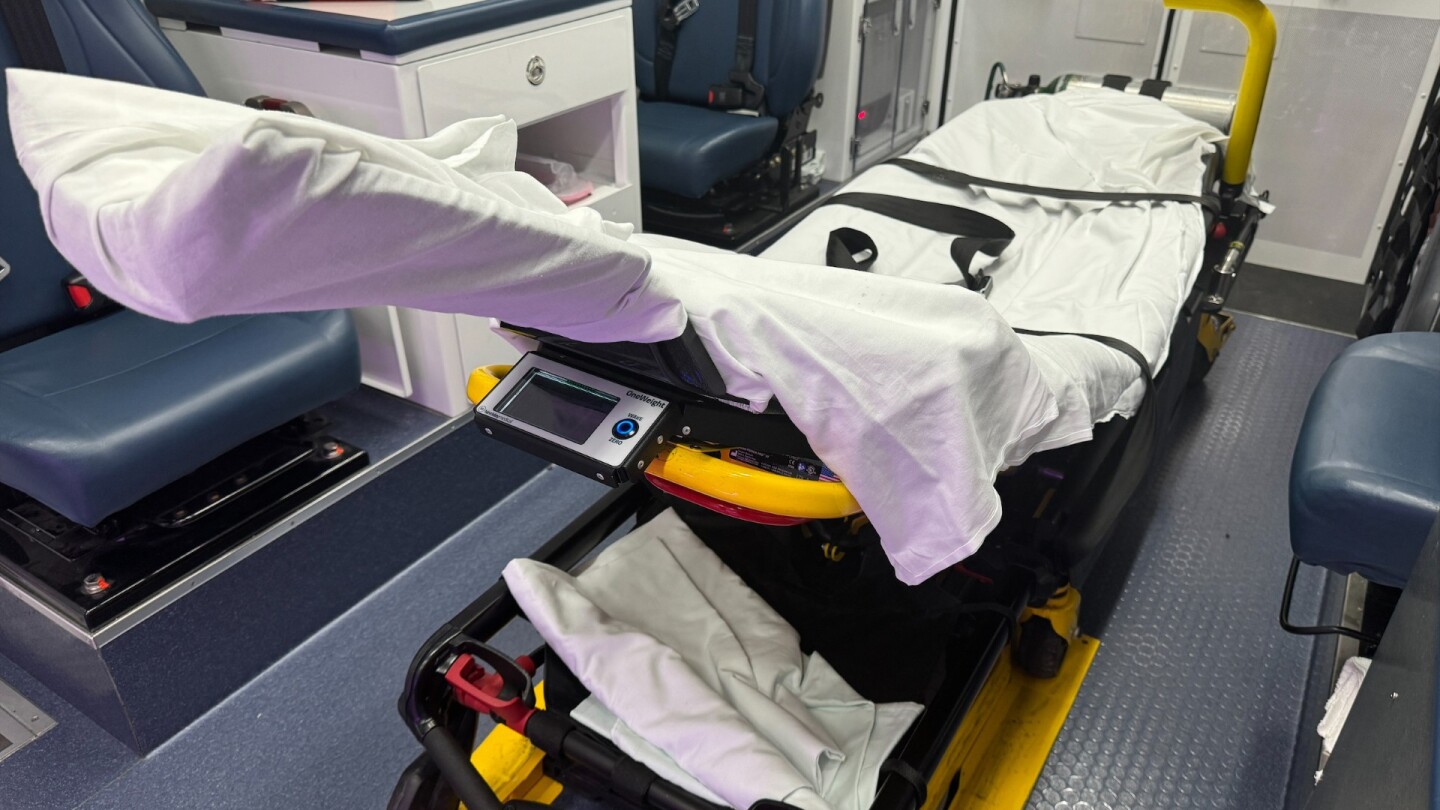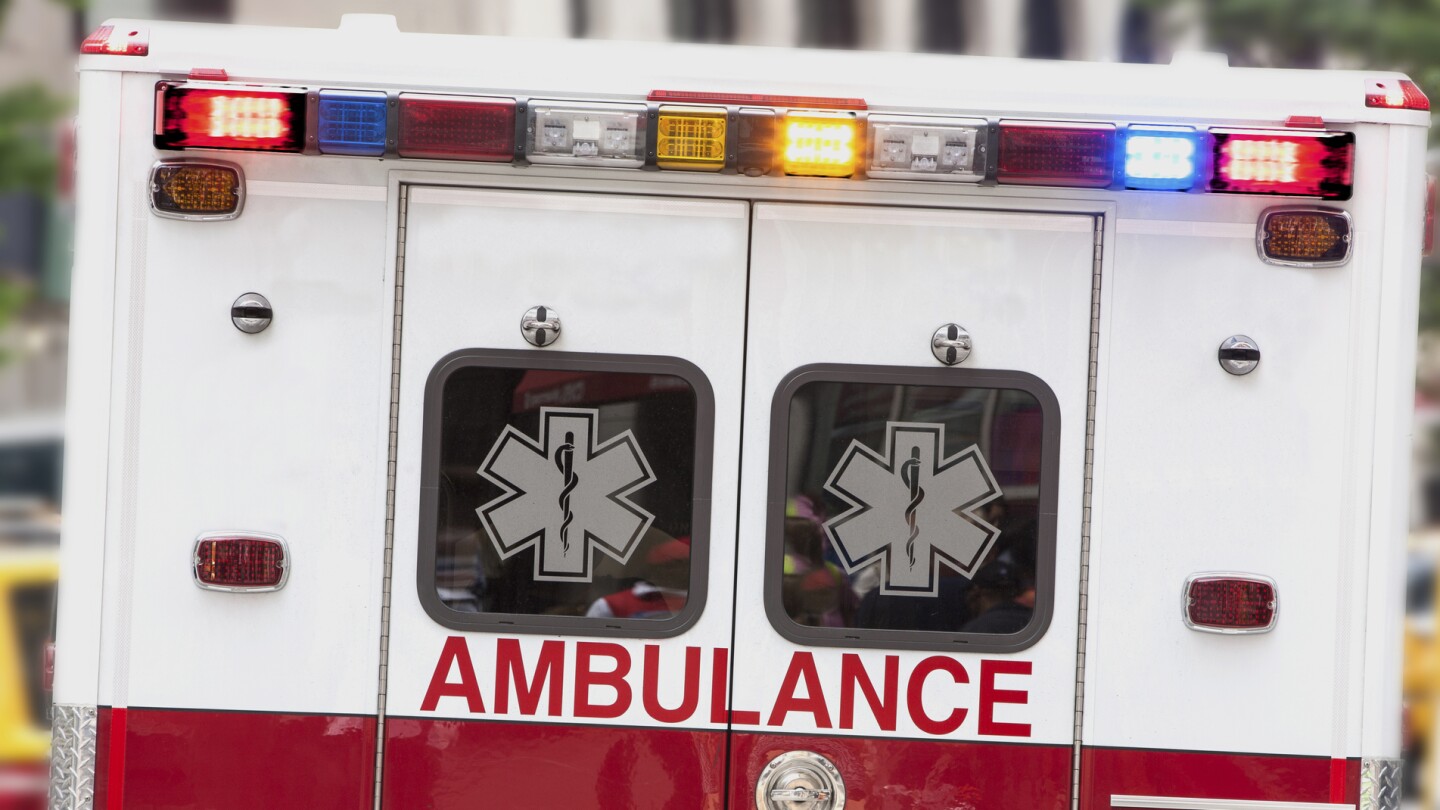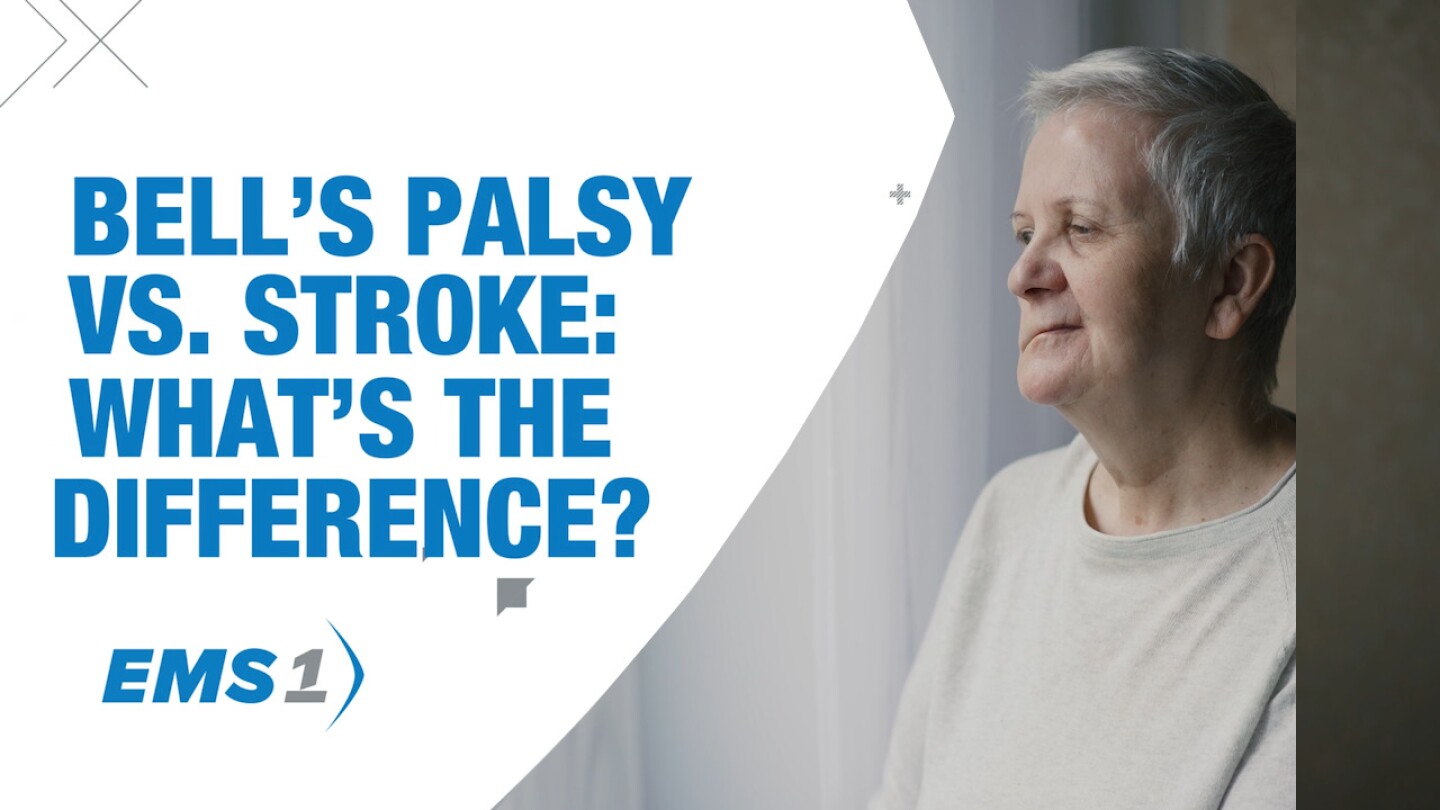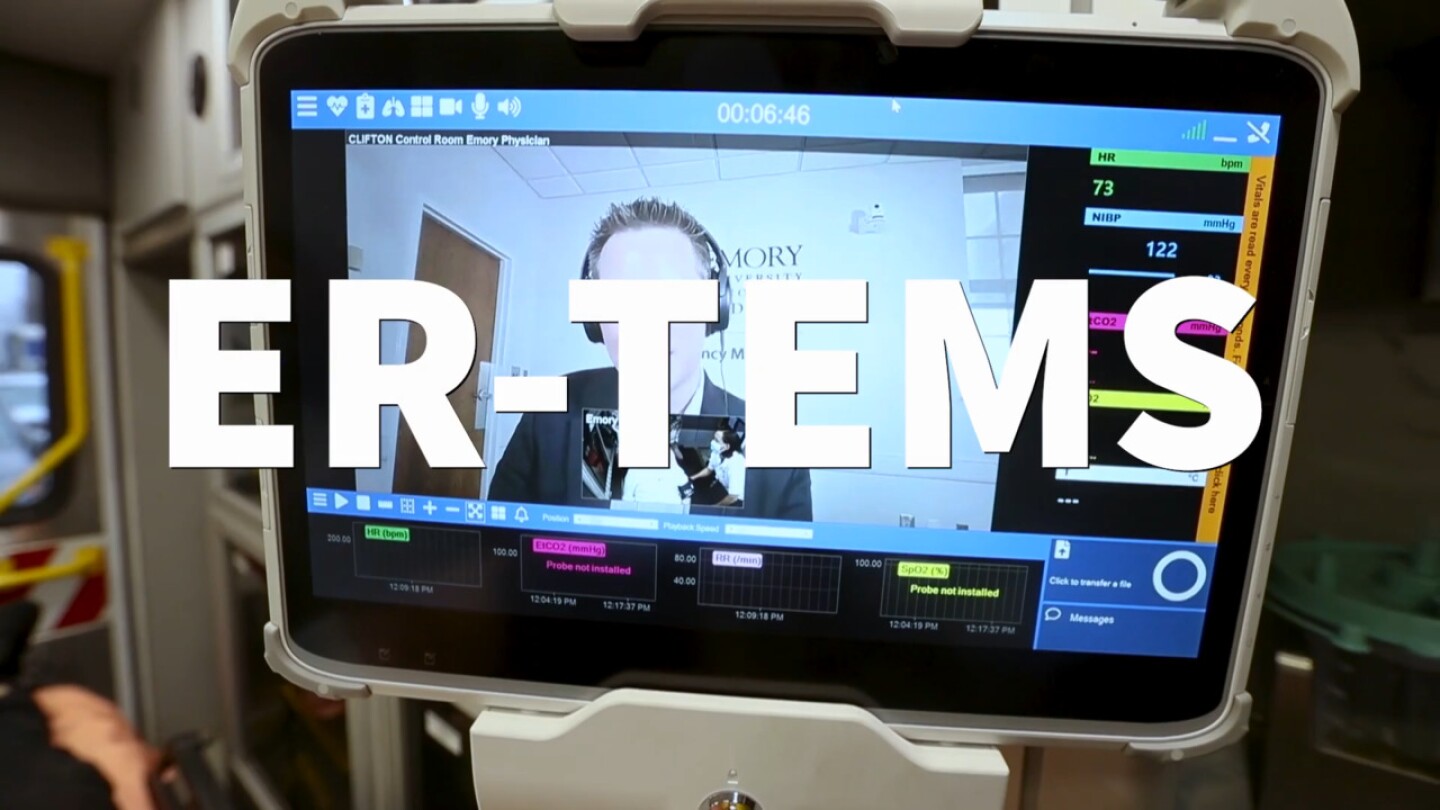Stroke Care
The EMS1 stroke topic contains news, research analysis, training and takeaways on EMS stroke assessment and treatment of both ischemic stroke and hemorrhagic stroke.
Understanding the signs of Cushing’s triad can be the difference between timely intervention and critical deterioration in patients with elevated intracranial pressure
Research has shown that firefighters and EMTs face special risks of cardiac disease and stroke; here are 10 ways to lessen your risk
Confusion and slurred speech? It might not be what you think
Jefferson Health’s new Mobile Stroke Unit allows EMS crews to diagnose and begin treatment in the field
Two new will expand the original program, which has answered over 2,000 calls and treated more than 360 patients since launching in 2017
Experts warn that driving someone to the hospital during a medical emergency can cost critical time
What will TNKase’s 5-second IV bolus mean for EMS stroke care?
A judge dismissed a lawsuit against Puyallup police and Central Pierce Fire & Rescue filed by a woman who was misdiagnosed with DUI but was later found to have suffered a massive stroke
Ascension All Saints Hospital recognized Racine Fire Department paramedics and medical staff for their swift response in treating a stroke patient
Being an emergency medical technician is rewarding job, and with the right EMT training, there’s plenty of room to grow
TNKase — tenecteplase — is the first FDA-approved stroke medicine in nearly 30 years, offering a faster, simpler five-second IV bolus administration
Monitoring AVPU and other vital signs will help determine if the patient is improving, worsening or responding to treatment
New Jersey State Police mistook the woman’s stroke symptoms for drug use, delaying medical care and leaving her permanently disabled, a lawsuit said
Valparaiso police bodycam video shows how delayed assessment prolonged treatment for a stroke victim
For new EMTs and paramedics there is nothing more important than improving your patient assessment skills; learn and follow these field proven tips
Watch as Steve Whitehead shares quick tips for improving stroke care
Harris County ESD11 Mobile Healthcare developed 10 commandments to set initial expectations while onboarding 200 paramedics
The CDC found that stroke was the fourth leading cause of death in 2023
EMS agencies face significant geographic, racial and income-based disparities, impacting response times and patient care
New study shows risk remains elevated for years after a COVID-19 infection, especially for those with certain blood types.
OneWeight is the first patient scale specifically designed for use with ambulance gurneys
A University of Michigan study uncovers significant delays in stroke alerts for Black patients, despite equal presentation of symptoms
When the conditions are ripe, the distinction between intoxication and a diabetic emergency can easily be blurred
Data from 600,000 stroke patients nationwide shows EMS providers were 20% less likely to give prehospital notification for Black patients
Here’s a breakdown of differences in Bell’s palsy and stroke symptoms and prehospital care differences
Point Pleasant Fire Department enhances EMS with Hinckley Medical’s OneWeight ambulance gurney scale
OneWeight’s two-button design is easy to use, allowing providers to obtain accurate weight measurements with minimal training quickly
The lawsuit highlighted St. Paul medics reporting manifestations of Parkinson’s disease and obtaining a refusal from a patient who can’t read or speak English
A decentralized mobile telemedicine system is rectifying care disparities in rural Georgia
NAEMSP and NATA recommend a cool first, transport second approach to exertional heat stroke treatment with cold water immersion therapy
MOST POPULAR
- Use AVPU scale to determine a patient’s level of consciousness
- Feel the heat: Managing exertional heat stroke
- Ind. stroke survivor, considered intoxicated by police, pushes awareness for first responders
- Is becoming an EMT right for you? Here’s what you need to know
- Recognizing Cushing’s triad: Key indicators of increased intracranial pressure











